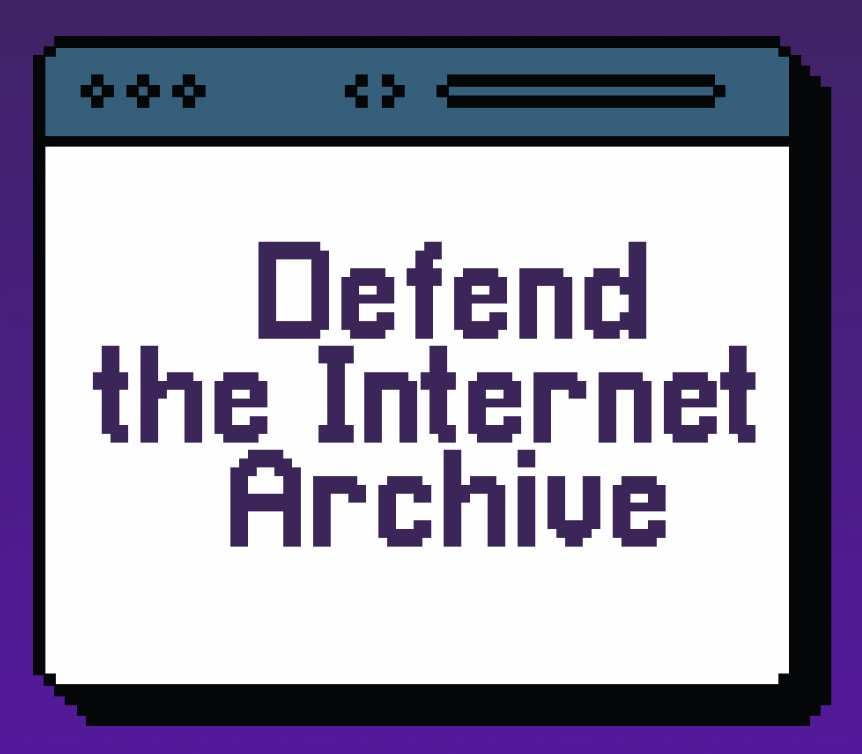My GF is a ghost writer. The publisher has her write into files that are uploaded to a shared platform where editors and other creatives and execs tweak and move each chapter through several named states (represented by different folders), until it reaches “Final.”
She gets paid per X words. Come the day before the deadline for payroll, they (sometimes, often its late) open up the payroll system, and she has to re-upload the Final chapter to a folder in that tracking system. Tonight (when they opened the system for her), she has to enter 130 chapters by 10am tomorrow.
It’s not just moving a file. She has to download the Final chapter, select the text, copy/paste into the payroll tracking system, and then fix formatting that their silly system creates, like extra spaces, double quotes, etc. Each chapter can take minutes. These pasted chapters are then the final product. She has to stay up all night until its done, or she won’t get paid on time.
I feel like she’s being taken advantage of, doing admin work for free. This feels like someone else’s job. Is this even compliant with labor laws? Is it legal to have her do 12hrs of gruelling repetitive labor to move her completed text like this? Her being paid is conditional on her entering this data.
I know hourly employees must be paid for hours worked, whether it was tracked or not, and tracking is an employer responsibility.
Edit: added more words


I’ll speak as someone who has been in the creative space for 20 years.
Non-“making” work is a large part of any creative job. Sometimes it can be the bulk of the time spent doing the work. A professional isn’t just making; they’re often researching, synthesizing, pitching, negotiating, documenting, formatting, etc. All of that stuff is just as important.
I would check in with a community of professional writers and bring specific examples. An example type of job, the vague topic, the word count, the time spent writing, the time spent formatting in their tool, etc.
They can help to identify the gaps and problem-solve around it. Is the client underpaying? If so, how do you avoid that in the future and/ or negotiate a higher rate now? Or, is the writer spending too much time writing? If so, what are some techniques to expedite the craft?